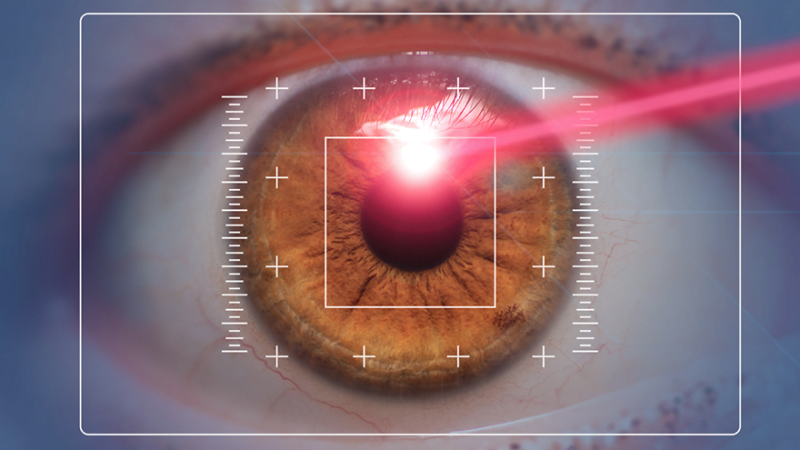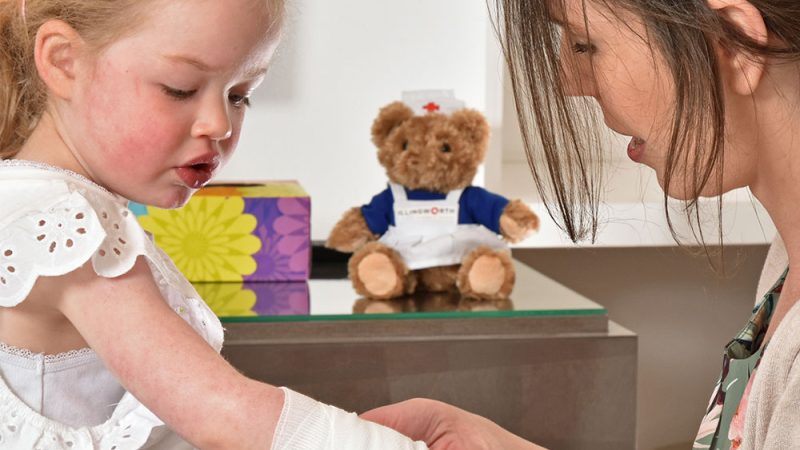Treatment for Narcolepsy: The Most Effective Method

There are several different treatments for narcolepsy, but the best method is usually a combination of antidepressants, stimulants, and cognitive behavioural therapy. However, before starting any treatment, it is important to know exactly what you are dealing with.
Stimulants
Stimulants are a class of medications used to treat patients suffering from narcolepsy, a neurological disorder characterise by excessive daytime sleepiness. Patients with this condition are prone to falling asleep at unexpected times and losing control of their muscles.
Narcolepsy can be a life-threatening condition, but there are a number of medicines that can be use to manage the symptoms. This article will describe some of the most common medicines, their effectiveness, and any side effects that may occur. Modalert Australia is a central nervous system stimulant medication that is used to treat narcolepsy, shift work sleep disorder, and obstructive sleep apnea.
Antidepressants
Antidepressants are use to treat people with depression, but they are also prescribe for people with narcolepsy. It work by activating presynaptic noradrenergic neurotransmission in the brain. While Waklert Tablet can help people with narcolepsy.
As part of their patient-focused drug development initiative, the FDA held a public meeting to hear the perspectives of people living with narcolepsy. In the facilitated discussions, participants described their experiences with the condition and the challenges they faced, as well as the benefits of prescription medications and non-drug therapies.
People with narcolepsy often experience excessive daytime sleepiness. Medications can help relieve the condition by improving alertness and allowing you to sleep during the day. Some patients will need to try several different medications before finding a combination that works.
Cognitive-behavioural therapy
Cognitive-behavioural therapy (CBT) has been show to be effective in treating narcolepsy. The techniques, such as systematic desensitization, are aim at replacing dysfunctional cognitions and behaviours with more appropriate ones. This is often done by sequentially addressing situations that trigger dysfunctional emotions or behaviours.
CBT is useful in improving the daytime functioning of patients with narcolepsy. It can also be use to improve the patient’s adherence to medication regimens. In addition, it can help narcolepsy sufferers cope with their symptoms and develop strategies to maintain their regimen.
The use of behavioural techniques as part of narcolepsy treatment is increasing. These measures include lifestyle changes, such as the use of a regular sleep schedule and planned naps. Some of these measures are also use to treat hypersomnia.
Although behavioural interventions are important, research on the effectiveness of these techniques is limit. While a few studies have been done on the efficacy of these techniques, the findings are not conclusive. Consequently, more studies need to be performe to assess their effects.
Sleep log
Narcolepsy is a chronic sleep disorder that has a significant psychosocial impact. It affects cognitive function, social relationships, and emotional well-being. There are several symptoms and treatment options available to treat narcolepsy.
The first symptom of narcolepsy is excessive daytime sleepiness. This is the most common symptom and often the first presenting symptom of the disorder.
People with narcolepsy may also experience vivid dreams and hallucinations. These episodes occur when a person is about to fall asleep or while asleep. They can last from a few seconds to a few minutes.
During the episode, the person’s eyes will start to move rapidly. People with Sleep disoder often enter rapid eye movement and sleep very quickly.
While some people with narcolepsy have difficulty falling asleep, most people with the disorder are able to perform normal activities. However, when an episode occurs, it can cause symptoms such as cataplexy, speech impediment, and sudden muscle weakness.
Patients with narcolepsy are typically referred to a sleep specialist. A sleep log can provide a valuable document for the medical professional to use in evaluating the patient’s sleep pattern.






